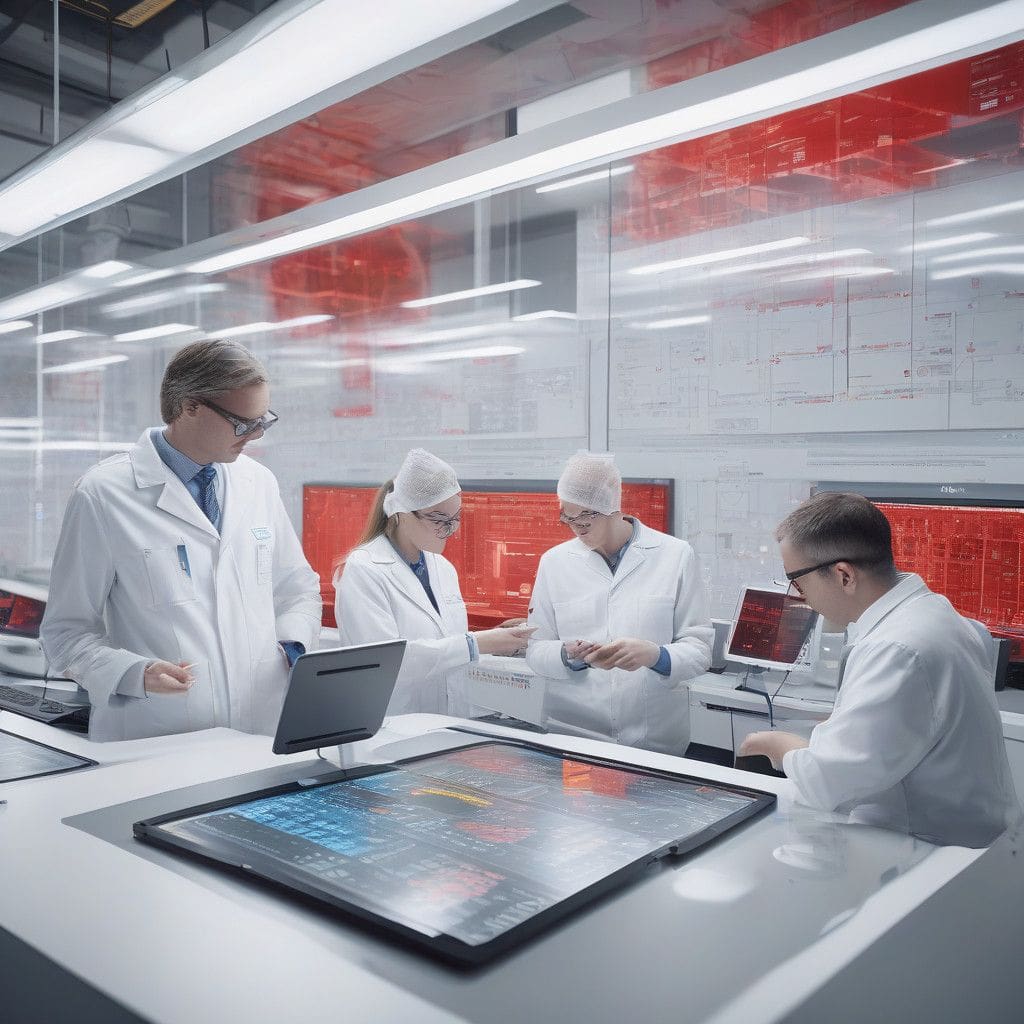In a significant development for the European semiconductor landscape, Intel has announced a two-year delay in the construction of its planned chip-making factories in Germany and Poland. This decision has raised concerns among industry experts and government officials who were looking forward to the boost these projects would bring to national economies and technological independence within the European Union.
The company attributed its pause on these ambitious projects to lower-than-expected demand for semiconductor products. This comes despite substantial government support, including increased subsidies provided by German officials in negotiations aimed at facilitating Intel’s €30 billion investment into the region. Initially heralded as a triumph for European tech initiatives, the projects are now placed in a state of uncertainty, reflecting larger challenges faced by the EU in enhancing its semiconductor manufacturing capabilities.
Meanwhile, in Poland, Intel’s plan to launch a new semiconductor factory near Wroclaw was set to receive an injection of $1.8 billion in funding. However, these plans are now on hold. While the delays in Europe persist, Intel confirmed that its domestic projects in the United States remain unaffected. The company has secured a direct funding package of $3 billion aimed at bolstering semiconductor production to meet U.S. military requirements, underscoring a priority shift towards domestic manufacturing.
In addition to halting its expansions in Europe, Intel is also reconsidering its investments in Malaysia, although it will continue to develop its facilities in Ireland, which is slated to remain its main hub for operations in Europe. This decision is particularly relevant as the EU strives to boost its local semiconductor production to reduce dependence on Asian manufacturers amid recent supply chain disruptions caused by geopolitical tensions.
The timing of Intel’s decision is noteworthy. As European nations have ramped up efforts to strengthen their chip manufacturing capacity, the delay poses a significant challenge to their ambitions. For instance, the EU has recognized the need for self-sufficiency in semiconductor production, particularly for critical sectors such as defense, automotive, and consumer electronics. The immediate future of these industries hinges on access to reliable chip supply, and delays in ramping up local production could hinder recovery post-pandemic.
Intel’s stall also has broader implications, reflecting the nuanced relationship between governmental policy, economic strategy, and corporate operational realities. The initial commitment to expand operations into Germany and Poland was initially seen as a vital step in addressing Europe’s digital sovereignty and its vulnerabilities exposed by the COVID-19 crisis. With these proposed factories, Germany and Poland had the potential to emerge as key players in the semiconductor supply chain, aligning with initiatives like the European Chips Act, which aims to increase local manufacturing to 20% by 2030.
Intel’s setbacks prompt critical questions about the future of semiconductor manufacturing in Europe. Will the EU still be able to attract investments from major firms, or do recent delays signal a retreat from the continent? How will the growing competition from Asian manufacturers respond to these developments?
While Intel navigates these challenges, it is crucial for European policy-makers to reassess strategies and forge solid frameworks that could entice more semiconductor investment. Enhancing partnerships with existing tech firms and promoting research and development through funding incentives may be necessary moves.
In conclusion, Intel’s decision to delay its projects in Germany and Poland reflects not just corporate challenges but also the broader issues faced by the EU in a globally competitive semiconductor landscape. As the region seeks to establish itself as a leader in technology manufacturing, the path forward will need to be shaped by resilient policies and strategic commitments from both government and industry leaders. The stakes will be high as Europe aims to secure its technological future.












